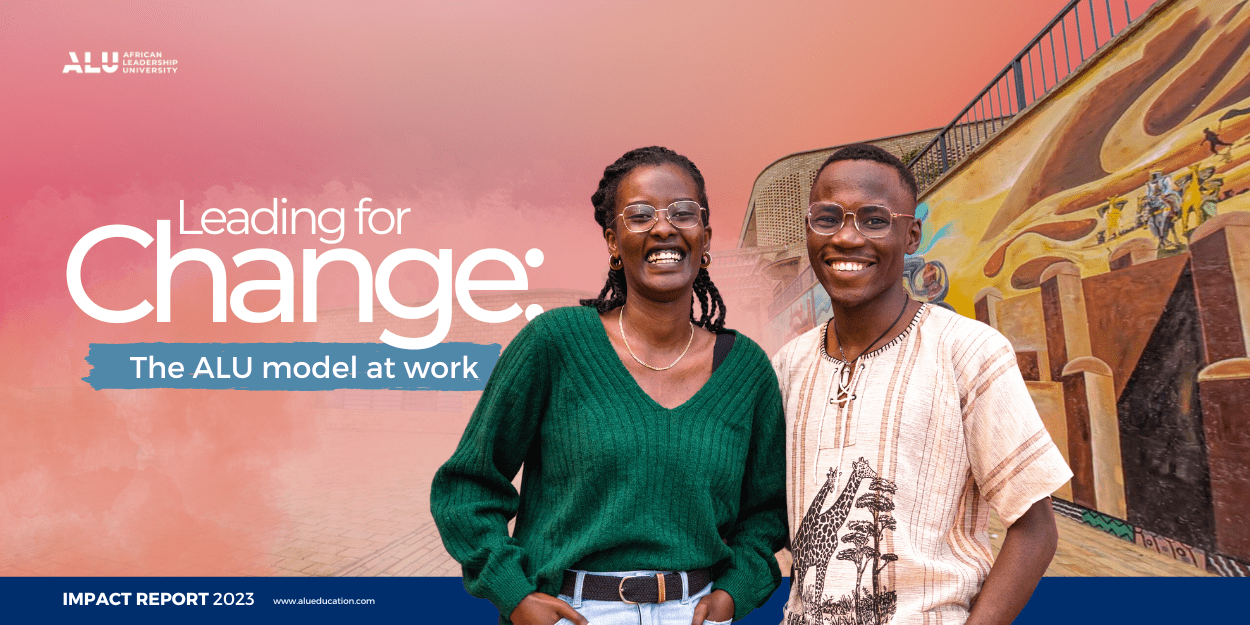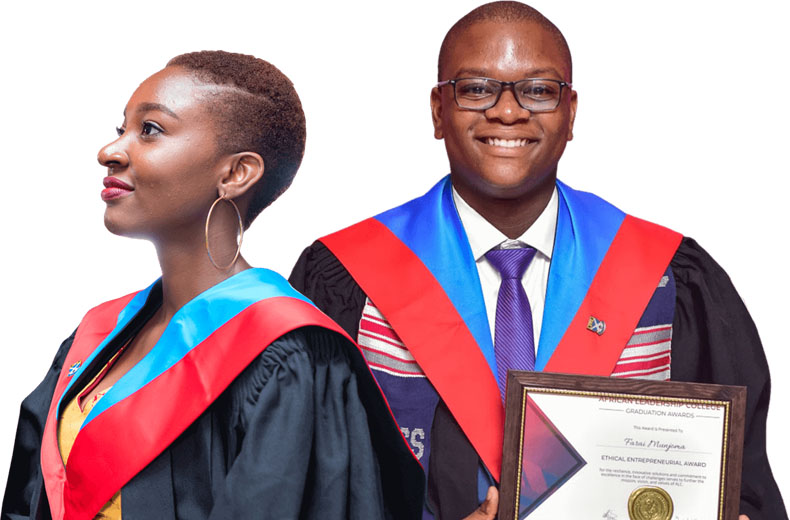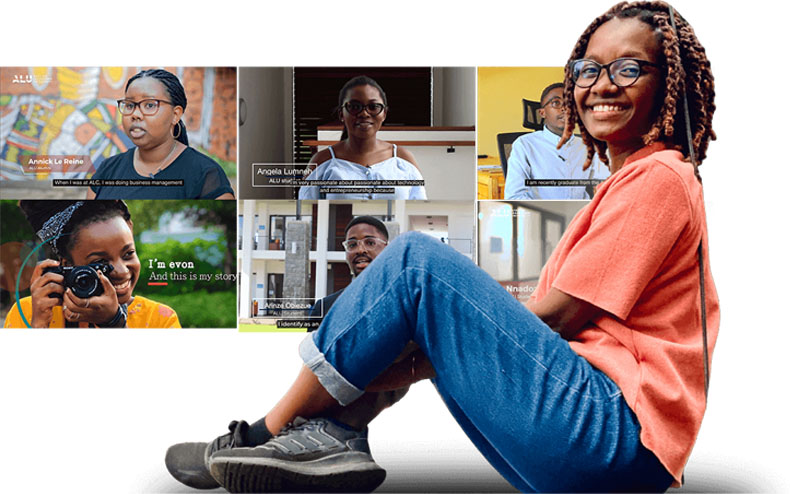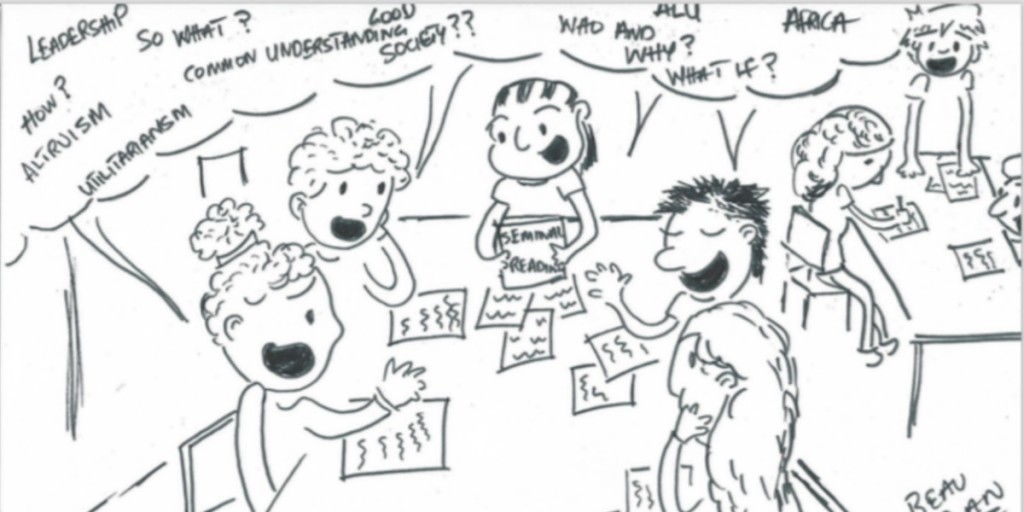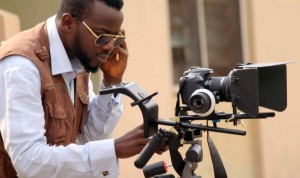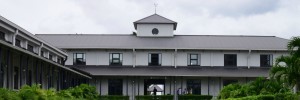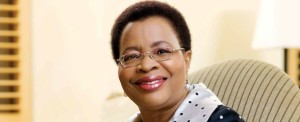The Seminal Readings course forms a special part of the ALU student experience. For six weeks in a student’s first year, the community dives into intense readings and provocative discussion. In the process, they sharpen their critical thinking and analysing skills and explore questions that all leaders grapple with. In the first two weeks of Seminal Readings the entire community pauses – there are no classes or other responsibilities – and students immerse themselves in the course and come together as an intellectual community. Each day during this second week of Seminal Readings, students will share reflections on the texts and their journey.
In ‘Land Grab’ or ‘Taking Back Stolen Land’: The Fast Track Land Reform Process in Zimbabwe in Historical Perspective, the author Alois S. Mlambo points out that Zimbabwe’s current land crisis never started with President Robert Mugabe as Western media always seems to portray. The origins of the crisis stem from the early years of British colonization at the turn of the twentieth century. I find it interesting how Alois further details how the white colonial settlers systematically dispossessed Africans of their land without compensation. If the ‘land grab’ in Zimbabwe is rooted deeply in its formative past, how will present Zimbabwe build an ideal society? I personally do not believe this is possible without revisiting the past. History must and will be considered.
Khaled Fahmy’s Chasing Mirages In The Desert addresses the question of who gets to build a good society and at what cost using Egypt as an example? His article seems to point to the fact that if indeed an ideal society is developed, it would be available to a selected few. In Khaled’s article, Government officials mostly made up of the city’s elites have exclusive access to the ideal city in terms of economic power. Instead of building a new and separate mega city, Khaled argues that with 66 billion USD, Cairo could solve the problems of transportation, housing, sanitation and garbage collection. In short, rather than running away from its problems, Cairo could solve them and still have plenty to spare. Creating an entirely new city only deepens the socio-economic divide that plagues it. The only people who get to inhabit the new city are those with enough economic power. Something the average Cairenes lacks.
Alexis Okeowo’s article, A Safer Waterfront in Lagos, If You Can Afford It, shares a similar premise to Khaled’s, in that it throws light on who essentially gets to build the good society. Eko Atlantic, a multi-billion-dollar project boasts amenities such as clean water, constant electricity (a phenomenon Nigerians have not experienced over the past 50 years), sewage facilities, wide sidewalks and high rise buildings. At the forefront of the project is Chagoury, one of Nigeria’s richest men with a presence in Nigeria’s past political scene. The article highlights that two hundred and fifty thousand wealthy Nigerians and foreigners will live in Eko Atlantic, a mere 1.7 percent of the population. Essentially, what this means is that you can build the good society with affluence. With wealth you can afford an apartment in Eko Atlantic at the cost of 20,000 homes for the urban poor, constant electricity and clean water at the expense of another 50,000 Nigerians. Perhaps the concept of utilitarianism would make a lot of sense in this context. Perhaps, the good society could only exist to the detriment of others. Perhaps if only a few who control a vast majority of the society’s wealth, will lead this good society.
Either way, I believe that the good society would be a classless one. This is a far-fetched possibility in my opinion. Our innate desire is to find differences in ourselves, in others and in the world around us. Plato points out that “those which are simultaneous with opposite impressions, invite thought; those which are not simultaneous will not”. We see differences, never oneness. Our definitions of “good” vary. As long as these variations exist, the good society is only a mirage. Perhaps if we could develop a pill that numbs us of our ability to see differences and rewires our minds only then can we hope to build a good society.
Artwork and Feature Image drawn by the author, Felicia Somolu

